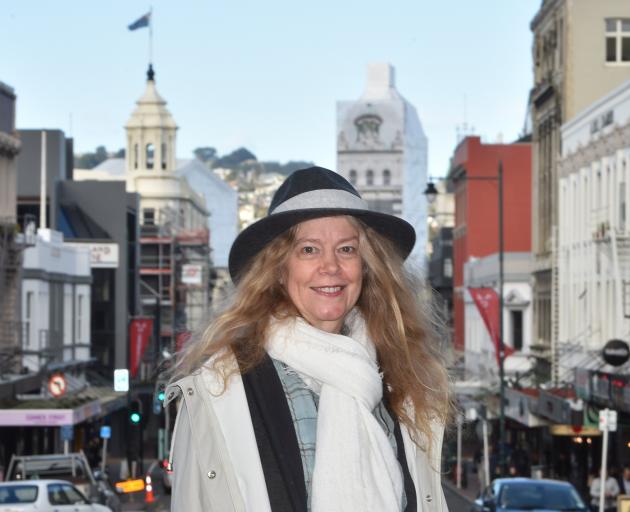
Sentiment from submitters has been overwhelmingly against a sale of the electricity distribution company and this was explored yesterday with Hilary Calvert, who argued for a sale.
Ms Calvert — a former city councillor, Otago regional councillor and Act New Zealand MP — said democracy involved people choosing their representatives and these representatives then exercising sound judgement on their behalf.
She also pointed out the council had not always done what the public wanted, such as in decisions relating to the redevelopment of George St.
Ms Calvert said it was telling that the council’s holding company, Dunedin City Holdings Ltd (DCHL), had recommended a sale.
This was comparable to "turkeys organising Christmas", as it seemed to clash with the personal interests of those involved.
"They must really think it is a good idea," she said.
Among the issues Ms Calvert had for councillors to ponder was the appropriate weighting for expert opinion.
"It was smart of you to ask experts on Aurora and other such investments what to do with this one," she said.
"This is more of a technical decision than a political one."
If the sale of Aurora went ahead, the council would be swapping one investment for another — a diversified fund, she said.
"The new arrangement will just be a different investment."
One theme through the hearing has been lack of dividends supplied by Aurora to DCHL since 2017 amid significant borrowing.
Ms Calvert said an expectation Aurora might one day start making a profit "consistent with the investment capital and risk seems hopeful".
"History is against us on this. In any case, it shifts the possible upside to another generation, rather than the current people of Dunedin."
Public concerns about loss of control of the company were more perceived than real, she said.
"Council has pretty much no control now."
The next submitter at the hearing, Thomas Mumm, was one of many submitters against a potential sale.
He could understand why DCHL favoured a sale, he said.
Mr Mumm said it was important for people to be listened to.
Tim Hyland did not support a sale, either.
He noted the possible sale of Aurora had not come up during the local government election campaign.














